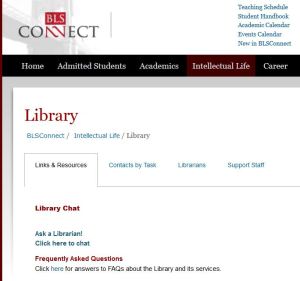Recent Brooklyn Law School graduates have won praise from the legal community for their accomplishments. Earlier this year, Jeffrey Schulman, Class of 2000, a partner at Dickstein Shapiro LLP, was selected by the New York Law Journal as a Rising Star of 2013 for his work representing corporate and commercial policyholders. Four more alumni have been recognized for distinguished service and leadership.
Michael Asaro, Class of 1998, was named to Law360’s 2013 list of Rising Stars Under 40 in the Securities Bar. Asaro is a partner in the New York office of Akin Gump Strauss Hauer & Feld LLP, focusing on U.S. Securities and Exchange Commission investigations, white-collar criminal defense, corporate internal investigations, and commercial litigation. As a former federal prosecutor and enforcement attorney at the Securities and Exchange Commission, he used his decade of experience as a government lawyer to help hedge-fund industry giants navigate high-stakes litigation. He has also been recognized as a leading lawyer by Chambers USA, New York Super Lawyers, and BNA’s Securities Regulation & Law Report. J
Joshua Bernstein, Class of 2001, is a partner at Pryor Cashman LLP and a member of the firm’s Real Estate Litigation and Hospitality Litigation Groups. Bernstein was also recognized by Law360 as a 2013 Rising Star in the Real Estate category. Several of Bernstein’s most high-profile cases have secured multimillion-dollar judgments for developers fighting against global hoteliers, including Starwood Hotels & Resorts and Mandarin Oriental Hotel & Residence. Described by Pryor Cashman as “an unstoppable force in the courtroom,” he advises clients in disputes ranging from the acquisition and development of real property to the operation and management of hotels. Bernstein has also written two articles on hospitality litigation for the New York Law Journal.
Angela L. Baglanzis, Class of 2002, an associate in the Philadelphia office of Obermayer Rebmann Maxwell & Hippel LLP, was selected as a 2013 Pennsylvania Rising Star in bankruptcy law. Featured in Philadelphia and Pennsylvania Super Lawyers magazines, Rising Stars are chosen by their peers and through the independent research of Thomson Reuters. In her practice, Baglanzis serves businesses in need of restructuring, reorganization, and liquidation. Her clients represent a variety of industries, including retail, bars and restaurants, construction, and real estate. Complementing her focus on bankruptcy and real estate, Baglanzis is a volunteer lawyer for the Homeless Advocacy Center, helping the homeless community find housing and employment.
Cassandra M. Porter, Class of 2004, is counsel to Lowenstein Sandler LLP in the firm’s Bankruptcy, Financial Reorganization & Creditor’s Rights Group. Her practice focuses exclusively on bankruptcy, restructuring, debtor-creditor law, and bankruptcy litigation. Porter’s successful representation of major clients such as U.S. Eagle Corp and its affiliates, Meridian Behavioral Health LLC, and RoomStore, Inc., led to her inclusion on the New Jersey Super Lawyers 2013 list of Rising Stars. She is also the secretary and member of the board of directors of The Financial Clinic, a leading nonprofit dedicated to helping the working poor build financial security.



